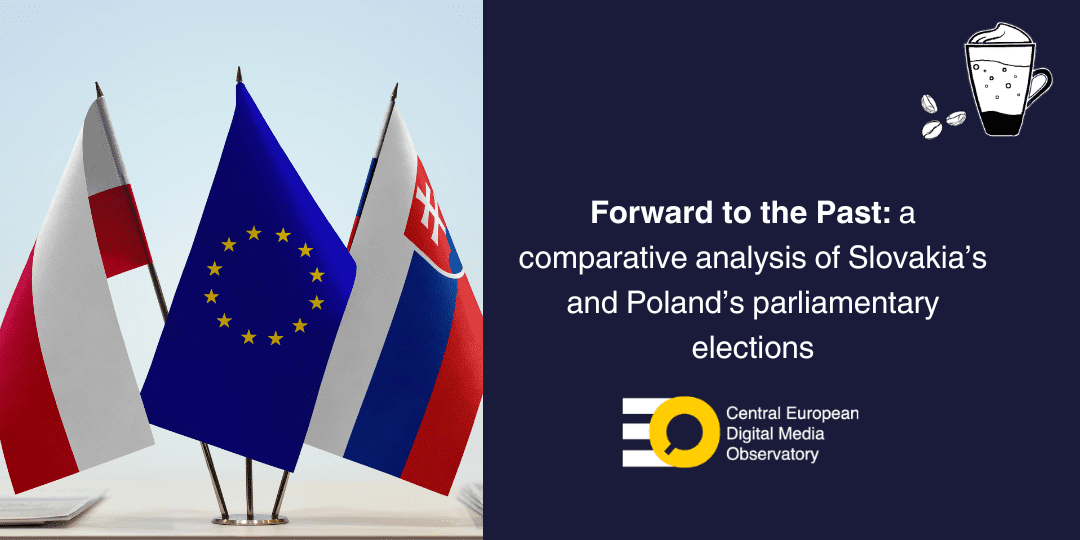
Two weeks and the Tatra Mountains apart, two elections took place in the fall of 2023 that shook the foundations of the (Central) European political landscape. On September 30, Slovakia put an end to three bitter years of conflictual politics under the on-and-off leadership of Igor Matovič when it voted Robert Fico, the country’s controversial and increasingly pro-Russian political matador, back into office. Then, come mid-October, Poland woke up to ballot results that offered a glimpse of possibility that the near decade-long, authoritarian-leaning rule of the Law and Justice Party (PiS) could be replaced with a more democratic alternative led by the well-known figure of Donald Tusk. From an outsider point of view, the outcomes could not have been more different: one country signaled a willingness to return to the rule of law and European values while the other decided to roll back whatever steps it took on its path toward democracy and the West. Such was the overwhelming message found in Western media, anyway. This makes sense: in light of the War in Ukraine and a general growth of anti-Western revisionism around the world, it mattered a great deal on which side the two countries would find themselves after the elections were over. That being said, there was more to the elections than this – something the predominantly geopolitical reading of the election, while no doubt crucial, risks obscuring. After all, for all the difference, the elections can equally be read as returning to the past, as both countries decided to go forward with prime ministers they already knew (Robert Fico in Slovakia, possibly Donald Tusk in Poland). This kind of nuanced look is what we seek to offer: without ignoring the geopolitical dimension, we provide a comprehensive comparative analysis of the two elections that goes beyond the ‘usual take’.
Read the full analysis here.
Authors: Michal Šenk, Luka Nikolic
